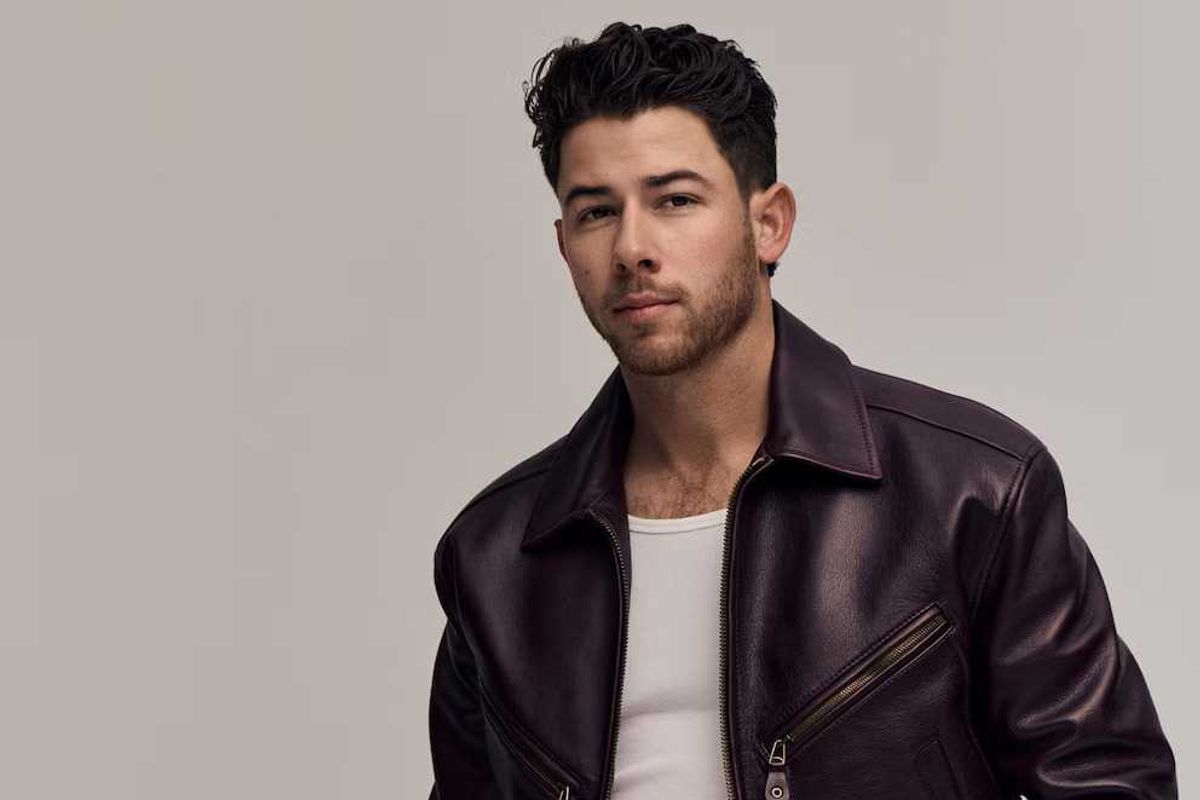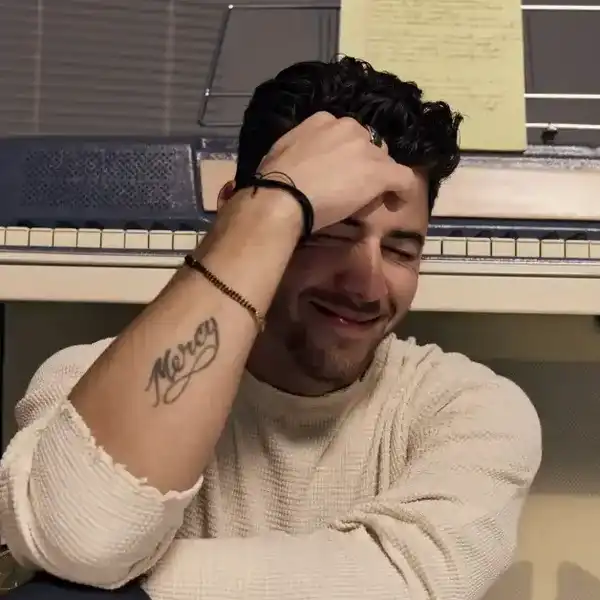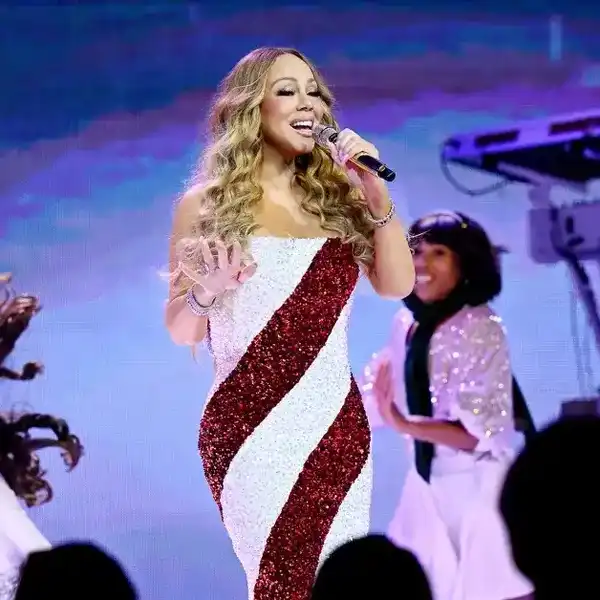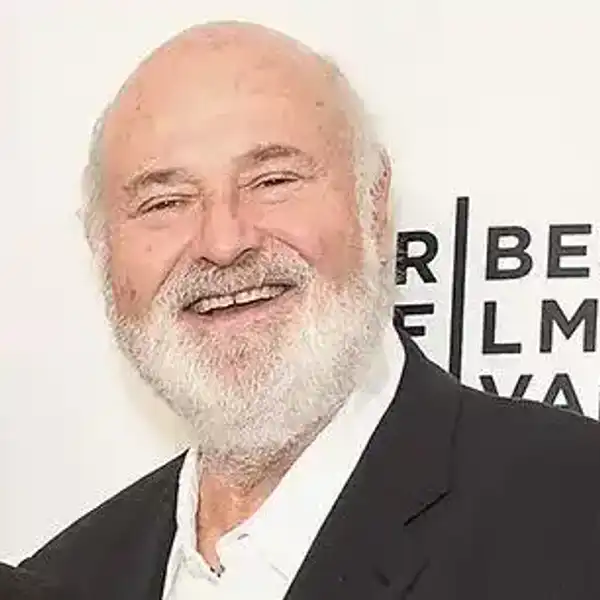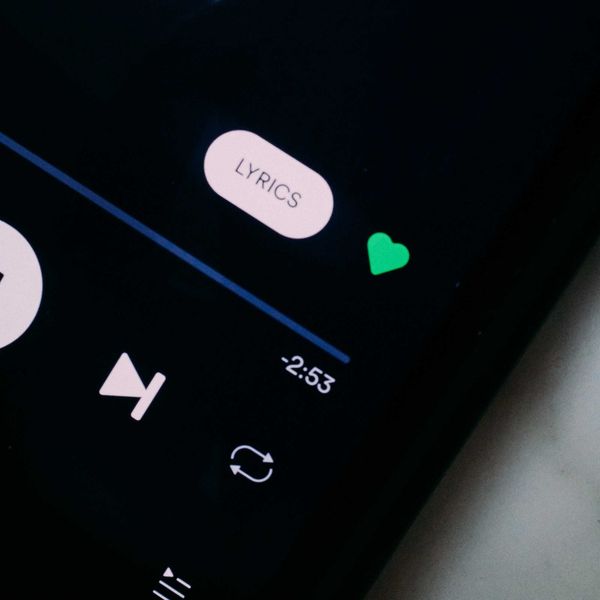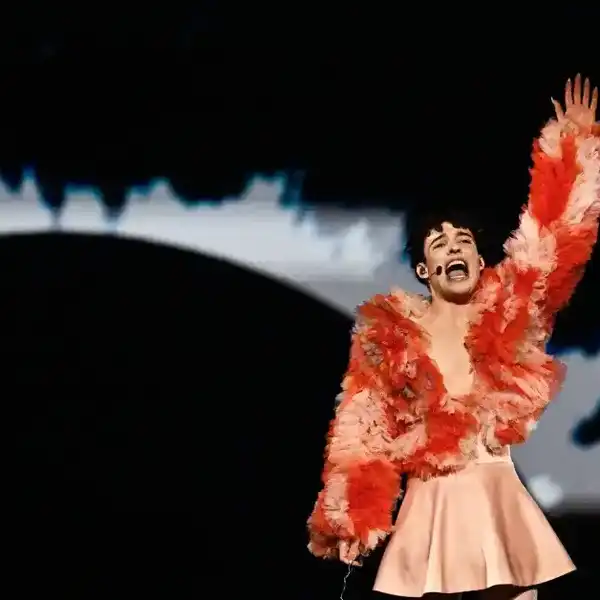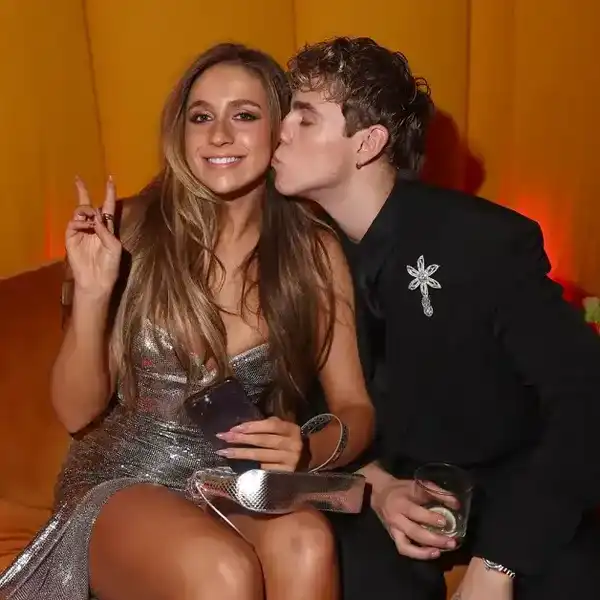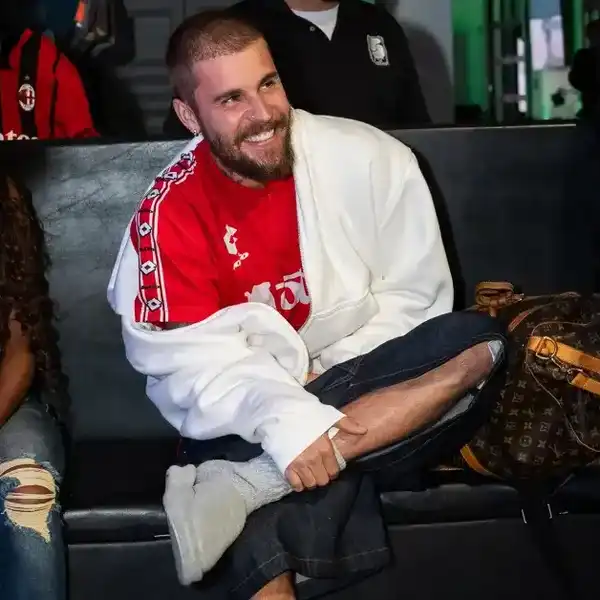Music In A Dangerous Time: An Open Letter From Steve Warden
The Canadian music industry veteran reflects upon the damage wrought by the pandemic and offers some imaginative ideas on how to improve the situation.
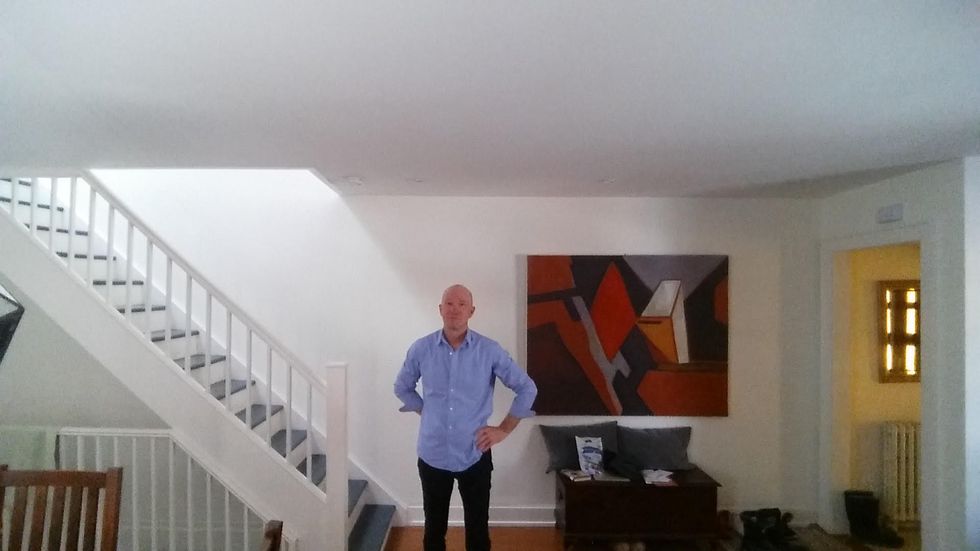
By External Source
Music in a dangerous time: an open letter from Steve Warden
To paraphrase the most famous song lyrics in Canadian philanthropic history, words are not enough.
The devastation wrought by COVID-19 is impossible to overstate.
The impact on the performing arts, live music and concert business is staggering and scary to contemplate.
Touring has been the literal lifeblood of every working musician in recent years - save the Drakes and Biebers of the world, I suppose.
Streaming revenues - the saviour of the recorded music industry - are a joke (and not a funny one) to all but a very few musicians.
Hitting the road, selling tickets and t-shirts, and maybe even some physical product, has been the only way to stay in the game for almost every act, and business has been pretty good.
According to Pollstar, the live music industry was headed for a $12 billion (US) year in 2020, with a record-setting summer - Christmas for the concert business - on the horizon.
Then came a pandemic and it all came to a halt. Not a slowdown or a gradual decline or a dip, but a total, bloody shutdown.
Obviously, the live music business isn’t the only one hurting; every industry has been knee-capped, but few as totally and brutally as concerts, along with clubs, venues, restaurants and bars. Most of the people working in these areas lead a precarious existence at the best of times.
FYI reported some three weeks ago that the Unison Benevolent Fund had seen a 2000% increase in demand for financial assistance, basically overnight. Its needs, at that time, were estimated to be in the $200,000 a week range. No doubt that demand has gone up since then.
Not surprisingly, Gary Slaight stepped up immediately, pledging $250,000 to match a similar amount from Unison, creating a $500,000 emergency pool, from which Unison could start providing assistance to music industry personnel suddenly thrown into these dire and desperate circumstances.
The Slaights, other music industry players and the Ontario government also kicked in to found MusicTogether, which like the recently launched National Arts Council program, is paying artists $1000 for live stream performances (more info here)
Canada is a music nation. It’s a big part of our brand. (Could be bigger, but more on that shortly.) We punch way above our weight when it comes to talent, and we’re a top 10 market for music, out of all proportion to our population. But this crisis is going to test us. We’re going to need music to get through it, and god knows we’re going to need music on the other side of it.
So, at the risk of ridicule, allow me to put some ideas out there, in the spirit of… let’s call it peace, love and understanding, just because I’m an old Nick Lowe fan. I just think there is no choice but to think hard and creatively about how can we work together now, and at least try to plan for that uncertain future.
Big Picture
I propose a pan-industry task force with a name (and an ambit) like The Future of Music in Canada to start strategizing about the survival and possible reinvention of everything to do with music as a business - including how we can step up its position as a key component of the Canadian brand at home and abroad.
Existing music and arts funding programs will almost certainly need a re-think, and new ones will likely be required. If congregating humans is going to remain verboten for a prolonged period - meaning most live shows can’t and won’t happen for the next year - we’re going to have to figure out new ways for musicians to get paid. (And in the case of streaming, at least, perhaps more fairly.)
Virtual Touring
The online living room performances proliferating at the moment are great and for performers lucky enough to get a $1000 grant or some other compensation, that’s going to help keep the wolf from the door for a minute.
But as FYI publisher David Farrell and I discussed this column, he rightly and passionately made the point that musicians need to be careful to not devalue their live performances, much as their recorded works have been effectively devalued by technology.
Free (even subsidized) online performances are all well and good, to a point, but musicians should be paid - by fans - for their work. We must try, whenever possible, to keep alive the concept of buying tickets even if the payment comes in a different form.
What about playing different shows for different cities?
If you’re an act with a following across the country - or even regionally - try a virtual tour, allowing fans in your key markets to buy a nominal e-ticket for a couple of bucks, so they can dial in on a certain platform at a certain time, maybe even with a little digital interaction and tech trickery to somehow incorporate local settings or venues into the presentation.
Going one step further, why not private concerts for well-heeled patrons willing to pony up for exclusive face-times or video conferences for their family and friends. We’ve all heard the stories about big names getting big bucks playing bar mitzvahs and birthday bashes. In these extraordinary times, private cam shows (fully clothed, of course) for musicians may be an idea whose time has come.
Music and Education
Let’s get music back into our schools - when they re-open. Imagine an ongoing nationwide program that pays “working class” (which is most) musicians to go into schools, play intimate concerts, do Q&As and contribute informal but invaluable music education. Funding could be re-directed from some existing government arts programs, with a new, dedicated fund possibly coming from public-private initiatives.
Fundraising
Urgently, we need to get some more dough into Unison’s coffers to allow it to help as many people as possible for as long as possible and/or needed, to cover the basics. (*Note: The televised Canada Together country music concert series, soliciting donations to Unison and Canadian food banks, was announced as this column was being written. Look for it on ET Canada April 20-24.)
I started this piece with a reference to Northern Lights and Tears Are Not Enough, Canada’s all-star recording in 1985 for African famine relief. Well, right now, we could use some homegrown charity for sidelined Canadian musicians in need.
I also think we need a major music event… perhaps something along the lines of:
H.O.M.E. Fest (Humanitarian Online Music Event) - a virtual music festival with the biggest names in Canadian music performing mini-sets from their home studios or even shuttered venues, if safe and possible.
On some Saturday night in the not too distant future, quarantined Canadians could gather around their screens at home for a national real-time party, celebrating one of Canada’s most important natural resources - music.
We ask people to buy a $10 “ticket” (on the honour system) or as many as they can afford for their household.
Monies raised could go to Unison’s Benevolent fund and perhaps also to Music Together to underwrite more online gigs in the short term. With any luck, we raise a million bucks.
Canadian companies and brands who love and value music - whether personally or as part of their marketing - could get involved as sponsors.
Merchandise
A commemorative t-shirt and poster, and maybe an accompanying online auction of star-studded items and memorabilia. (This also makes me think some kind of Home Shopping channel for indie musicians to go on and sell merchandise could catch on; with all the stores closed, who couldn’t use a new t-shirt or hoodie right about now?)
We have a captive audience at home, climbing the walls and just waiting to bust out for a few hours of dancing, singing and virtual communing; we are all clearly lost together. (Over to you, Blue Rodeo.)
A real-time, rally round the flag event celebrating something Canada does so well - music - just seems like a no-brainer right now. HOME - but not alone. (Or call it Music Night in Canada - hockey jerseys optional.)
I concede this piece started off gloomy AF (as the kids say) but the more I think about the opportunity to innovate instead of despair, the better I feel. (Ok, it might be the bathtub gin, but just go with me here.)
I do see us coming through this surreal, scary, absolutely bonkers episode, with the eventual return of fun times, live music, clubs, concerts and even crappy overpriced arena beverages.
Meantime, let’s do what we can to ensure we have our music community there for us when we need it, now and in the future - whatever that future turns out to be.

